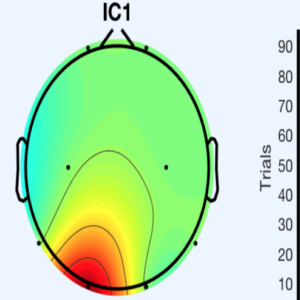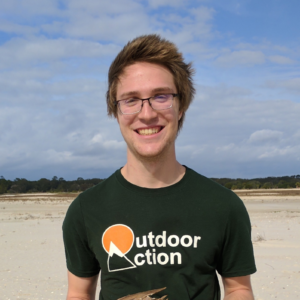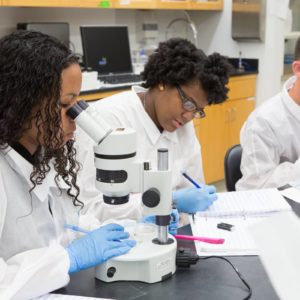
When beginning a new lab project, whether it is a summer internship, independent work, or a senior thesis, your mentors will likely present you with academic papers relevant to your topic. This will help you begin to frame your experiments and the overarching goals of your research.
But once you understand enough background to begin, staying up to date with recent papers can be difficult, especially when you are balancing course work, extracurriculars, and other commitments in addition to planning and conducting experiments. In my experience, I found it difficult to sit down and do broad scholarly searches on a research topic as I first did when starting a new project. However, strategies such as using library resources and speaking with others in the department facilitated this process. In this post, I will give tips on how to stay current with laboratory news and advances, specifically with STEM research.
Continue reading Staying Up-to-Date with Lab Literature Readings





